The candidates for the presidency of Chile, José Antonio Kast (left) and Gabriel Boric pose before the debate held in Santiago on December 10, 2021.MARTIN BERNETTI (AFP)
Chile goes to the polls again on Sunday, December 19, after an electoral run that has not stopped since October 2020. The citizenship in these 15 months has had to vote in the constitutional plebiscite, in elections to elect conventional, mayors , councilors and governors, presidential primaries, first presidential round, parliamentarians, regional councilors and, on this occasion, the second round for La Moneda. But, although some specialists have warned of possible electoral fatigue, the presidential race is on. In a few days, Gabriel Boric, the 35-year-old deputy from the Frente Amplio in alliance with the Communist Party, and José Antonio Kast, the 55-year-old ultra-conservative lawyer, from the extreme right of the Republican Party, will face two opposing country proposals .
While Boric pushes for reforms that tend to greater social rights and fiscal spending after the revolts of October 2019, Kast is committed to restoring order and stability lost in these two years, with the idea of a small State, in which it has been called a counter-reform. Although both have moderated with a view to the second round - because 46% of voters did not vote for them on November 21, but for one of the other five candidates - they represent diametrically different models in content and form. However, they have a similarity: both emerged unexpectedly in each of their sectors and less than a year ago no one imagined that the succession of Sebastián Piñera would be resolved between them. They also both have strong ties to Spanish formations: while Kast has relationships with VOX,Boric is linked by historical ties with Podemos.
Participation remains unknown: in a country with high abstention rates, in a voluntary voting system, in the first round only 47% of those summoned went to the polls.
How do Boric and Kast get to the second round?
November 21 was a surprise for the left.
Although the polls anticipated that both Boric and Kast would go to the second round, the leader of the Republican Party arrived with the first majority and leading by two points the deputy of the Broad Front: 27.9% against 25.8%, respectively, which it was not expected.
Although in Chile since 1999 the winner of the first round has always won the presidential election, on this occasion analysts indicate that there are reasons to think about a reversal of results.
Above all, because there is an immense pool of votes - 46% - that must be won.
Polls show Boric is leading Kast on variable margins, some narrow and others looser.
If next Sunday the 19th the deputy wins the ballot, it would not be a surprise.
What supports has Kast gotten?
Kast managed to quickly order the right, which again showed its pragmatism. The parties of the government coalition, Chile Vamos, joined him, although Kast was not their first-round candidate nor did he participate in the presidential primaries that each bloc held in July. Both the UDI and Renovación Nacional (RN) - the formations on the right of the transition - quickly expressed their support for Kast, as did the Evópoli party, on the liberal right, led by the candidate's nephew, Senator Felipe Kast, with whom they did not have a good political relationship. The candidate, in return, barely resisted the changes in the program, demanded by his more moderate allies.
The one who was reluctant to give his support was Sebastián Sichel, the official candidate for the presidency who obtained fourth place and 12.7% of the preferences. A week after the elections, he surprised Kast with a list of demands in exchange for his support, in a document that called
Nine Commitments to Strengthen Democracy
, where he demanded key issues such as "unrestricted respect for human rights." Later, however, Sichel assured that he supported Kast, because his conditions had been accepted (although it has been evidenced that Kast maintained issues such as the proposal of a new State of Emergency in which the president has the power to arrest people in their own dwellings or in places that are not prisons or are destined for detention).
In turn, Kast has incorporated the faces of women, an electorate that has been especially elusive, due to his initial proposals to try to merge the Ministry of Women with other portfolios, for example.
In this second part, it incorporated Paula Daza, who led the battle against covid-19 from the Undersecretariat of Health, and a historical figure from the right, Evelyn Matthei, current mayor of the municipality of Providencia.
What support has Boric gotten?
Boric has joined much of the world in his second round campaign that was part of the Concertación, the center-left alliance that led the country between 1990 and 2010 (in the governments of Patricio Aylwin, Eduardo Frei, Ricardo Lagos and the first term of Michelle Bachelet) and who is on the ground today: his candidate Yasna Provoste obtained fifth place with 11.6% of the vote.
The first to support him "without conditions" were the Socialists, who for months had come in a plan of rapprochement with Boric (in fact, they were seeking a joint presidential primary, which was vetoed by the left). In the Socialist Party, precisely, they will be one of the main tensions of winning Boric, as seems likely: will they be part of an eventual government, breaking with the historic alliance with the Christian Democrats, which has already announced its support for Boric but also that it will remain in opposition, regardless of the results of the 19th?
The Christian Democrats resolved in an institutional meeting their support for the candidate Boric "without conditions", in a meeting in which the candidate sent a letter in which he delved into the issues that unite them and not those that separate them, because there have been two forces antagonistic in the last decade in Chile. "I know that generational arrogance is a bad advisor, that there is no virtue
per se
in youth and novelty, but rather that a political project must be judged by its convictions, principles and act accordingly," Boric said in his letter.
Without prior negotiations, one of the main supporters for Boric in this period has been that of Lagos, one of the figures who became a constant target of political attacks by the Broad Front, since its emergence in the early 2010s. : They have called their policies "neoliberal".
The very foundation of Michelle Bachelet, current UN High Commissioner for Human Rights, also joined Boric, although in this case the support seems predictable given the great harmony that the former president always had with the new generation of the left, which emerged with the aim of replacing the Concertación.
In his second round campaign - which has shown better deployment and organization than Kast's - Boric has incorporated popular faces, such as the doctor Izkia Siches, a young professional very popular since the pandemic.
Have the candidates moderated?
Both candidates have had to make gestures to captivate the moderate sectors and, above all, because in the Parliament that will debut in March the political forces will be tied.
Anyone who wins the elections must appeal to dialogue and no extreme or disruptive program will have a future.
In this period, the candidates have made important adjustments to their respective government programs. Both Boric and Kast, from the outset, incorporated respected economists from the ruling right and center-left to their teams to improve their proposals in this area, in matters as relevant as the tax burden (in their original programs, Boric sought to increase it by 8 GDP points in eight years and Kast lower it by seven points, which moderated). If Boric has had to emphasize issues related to public safety and the control of irregular immigration, issues that largely explain Kast's first majority, the Republican has had to eliminate proposals from the first-round campaign, such as the search of the repeal of the abortion law in three causes, in force since 2017.
But Kast has maintained other controversial initiatives, such as installing a ditch on Chile's northern border to stop irregular immigration.
"The single ditch - not including the bars that would prevent animals and people from falling into them - costs about 10 million dollars and we have calculated it for a trench three meters deep by three meters wide," he said in the recent radio debate .
Something similar happens with the proposal to promote a constitutional reform for a new state of exception that gives the president greater powers, in case of disturbance of public order.
What weight does the vote for Parisi have, the candidate who finished third without stepping on Chile?
The vote obtained by Franco Parisi, who was installed in third place in the first round with 12.8% of the votes, has been one of the elements most analyzed by political specialists. To start with, because he is an unusual candidate: he lives in the United States, he did not set foot in Chile either for his campaign or to vote, he has pending issues with the Justice - a trial for alimony in Chile, driven by his former wife , with whom he has children– and because with an anti-political discourse he has captivated young people, especially men, from the middle and lower classes in the north of the country. Because if Parisi is strong in this area of Chile –especially affected by irregular immigration– Boric has its greatest backing in large cities like Santiago and Kast in the south. In areas of Araucanía,With the citizens fed up with the violence in the context of the conflict between the Mapuche and the Chilean State over the lands, the Republican reached 42%.
Although it is not at all evident if Parisi could have the power to automatically transfer his votes to one of the two candidates who are contesting the Government, both have gone to great lengths to wink at this group of people. Kast attended a program that Parisi has on the YouTube platform, called
Bad boys
, while Boric assured that he would go, but then he backed down. Parisi, who has an effective social media strategy, wrote on Twitter: “Given Boric's decision to disregard our invitation to talk with our community, we will do the program in the same way and we will break down his government plan in detail and the impact that it could have. have for Chile ”.
Subscribe here to the
EL PAÍS América
newsletter
and receive all the informative keys of the current situation in the region.

/cloudfront-eu-central-1.images.arcpublishing.com/prisa/CUFG3VXOZHNQTM3VTP7PNTUBGI.jpg)
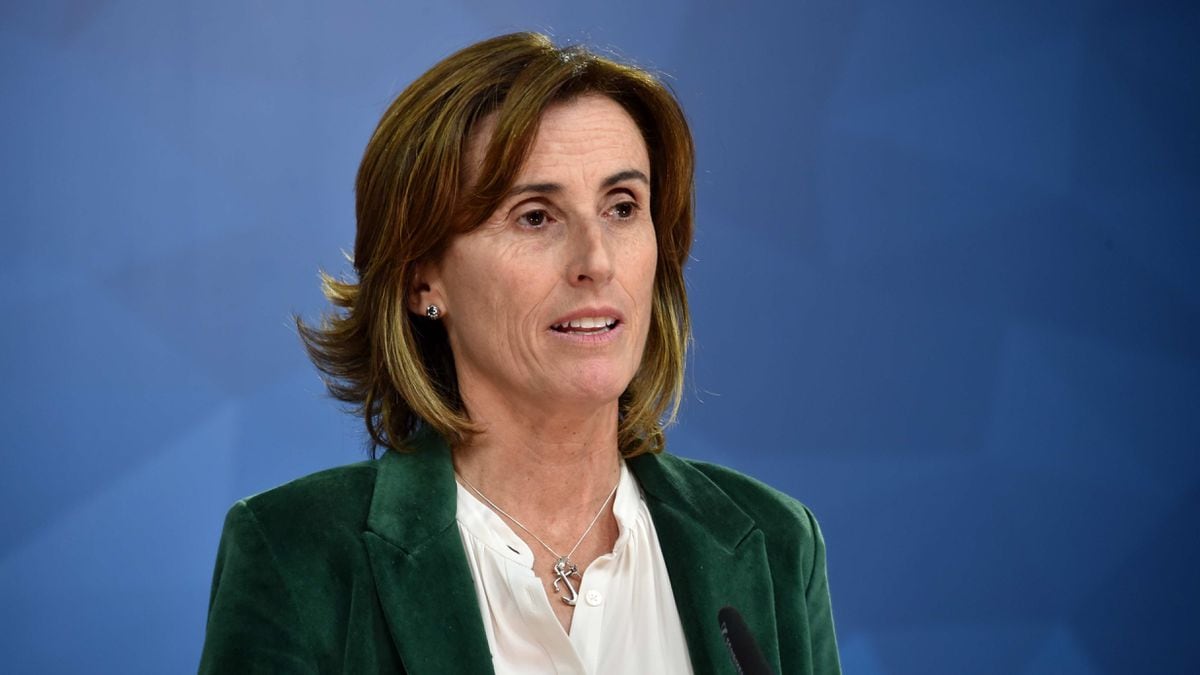
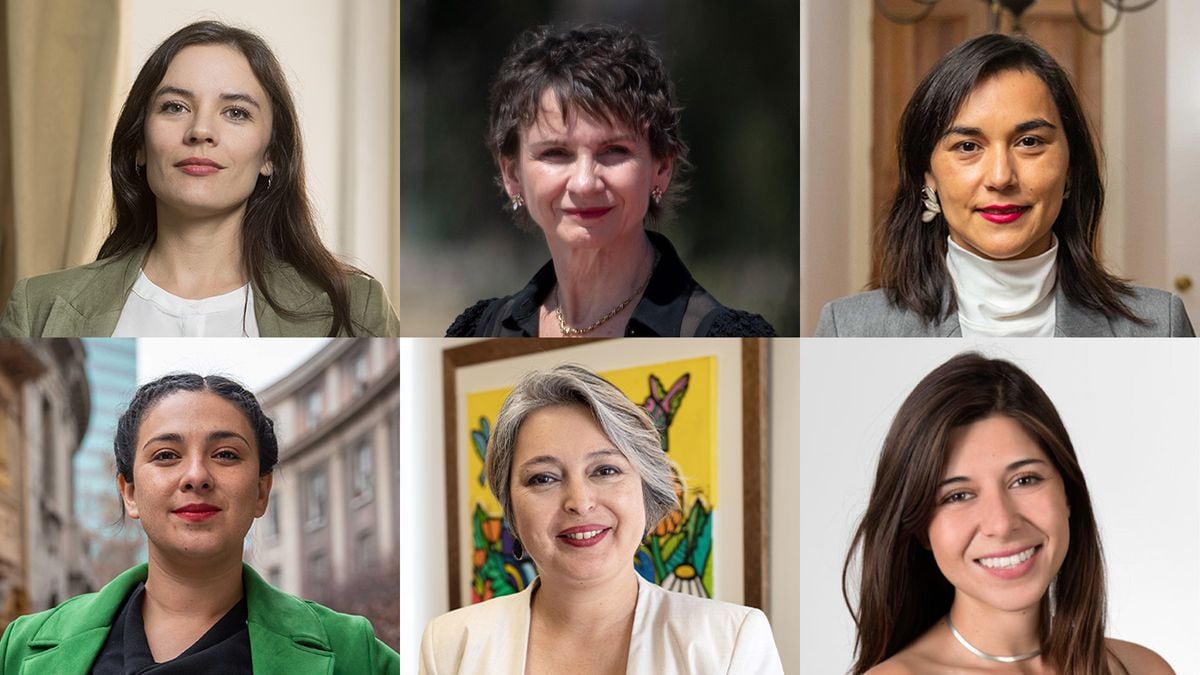
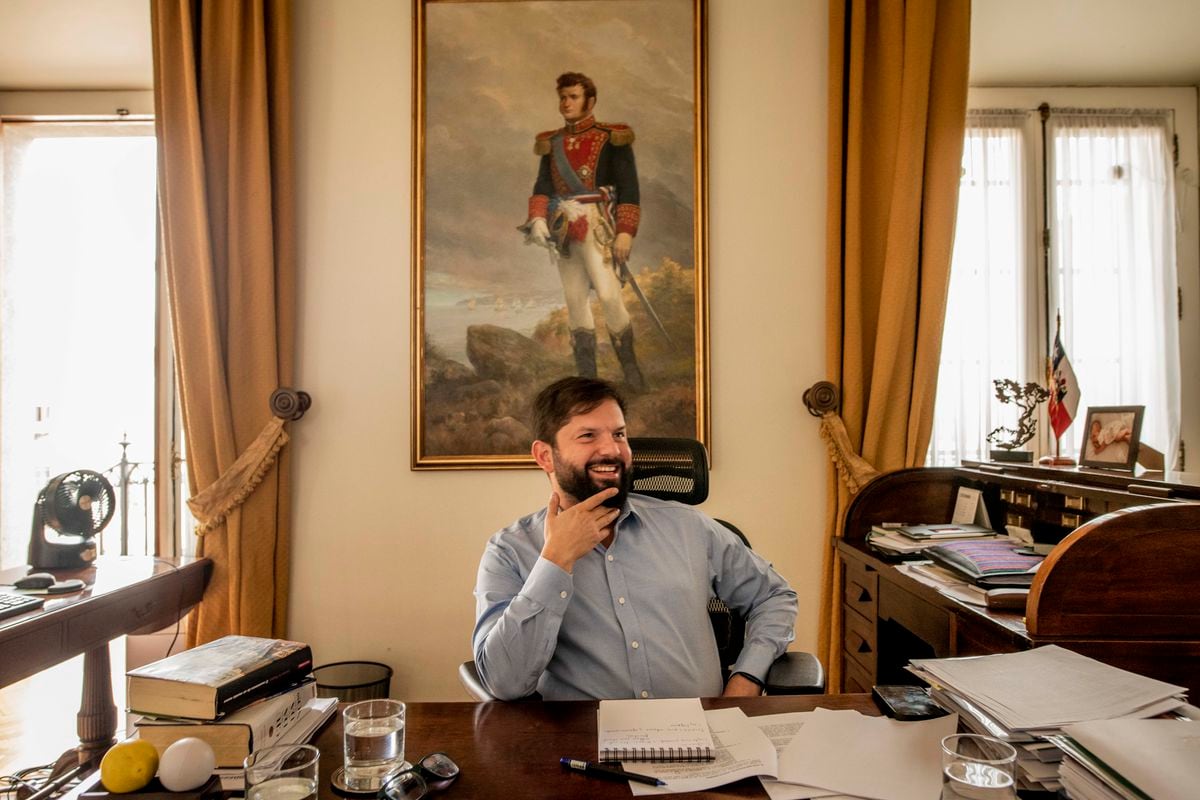

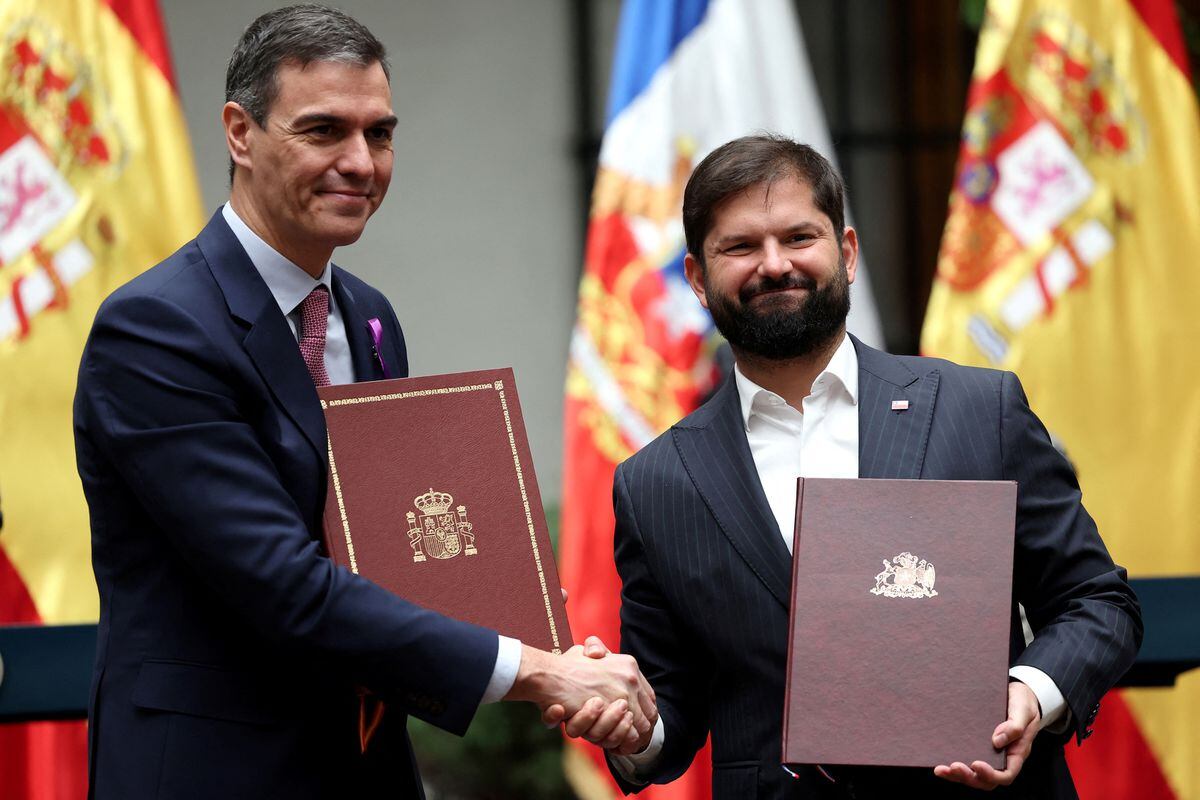
/cloudfront-eu-central-1.images.arcpublishing.com/prisa/DAXPXX7XEC2R2VNNOX5XEX4T2U.jpg)
/cloudfront-eu-central-1.images.arcpublishing.com/prisa/MYQ5IMFXJZF4NGVYA5PCRZJJCM.JPG)
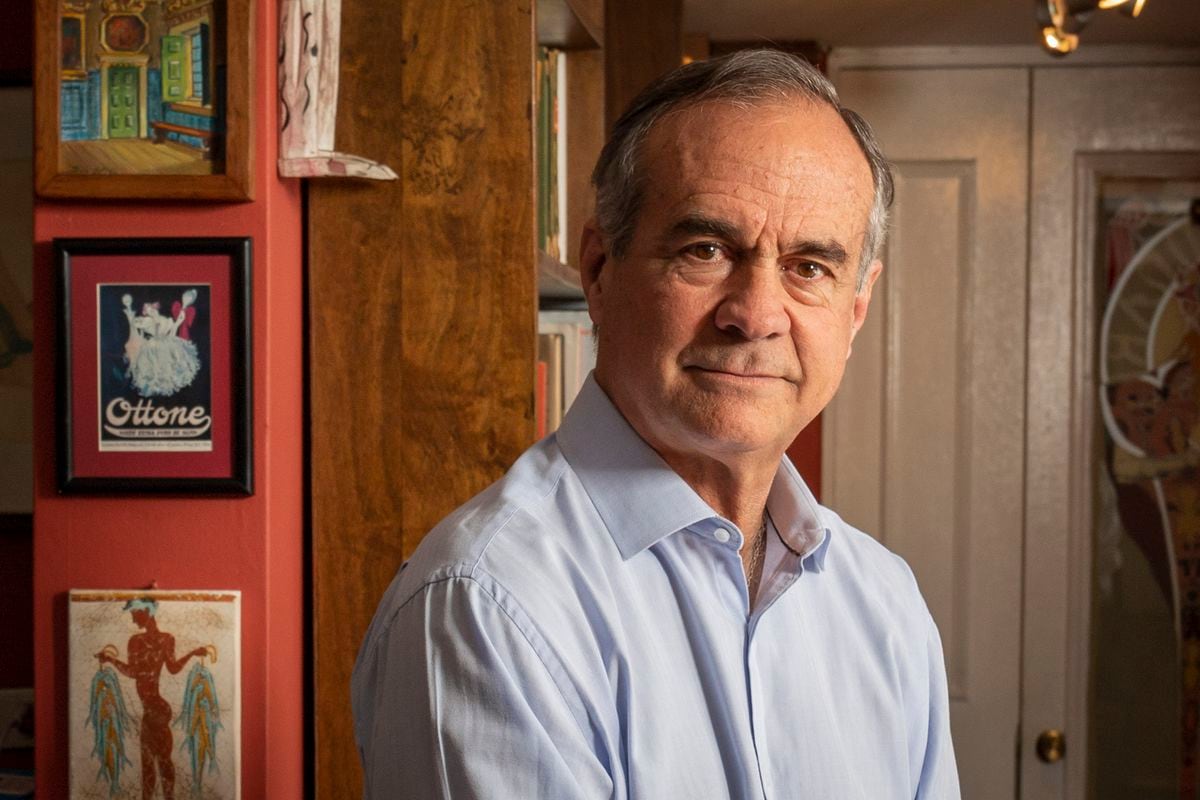


/cloudfront-eu-central-1.images.arcpublishing.com/prisa/KMEYMJKESBAZBE4MRBAM4TGHIQ.jpg)


